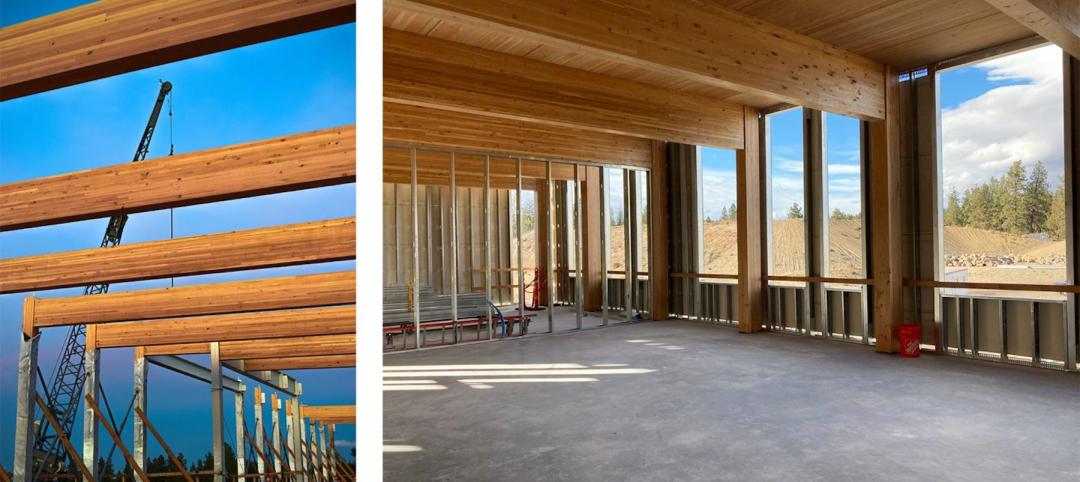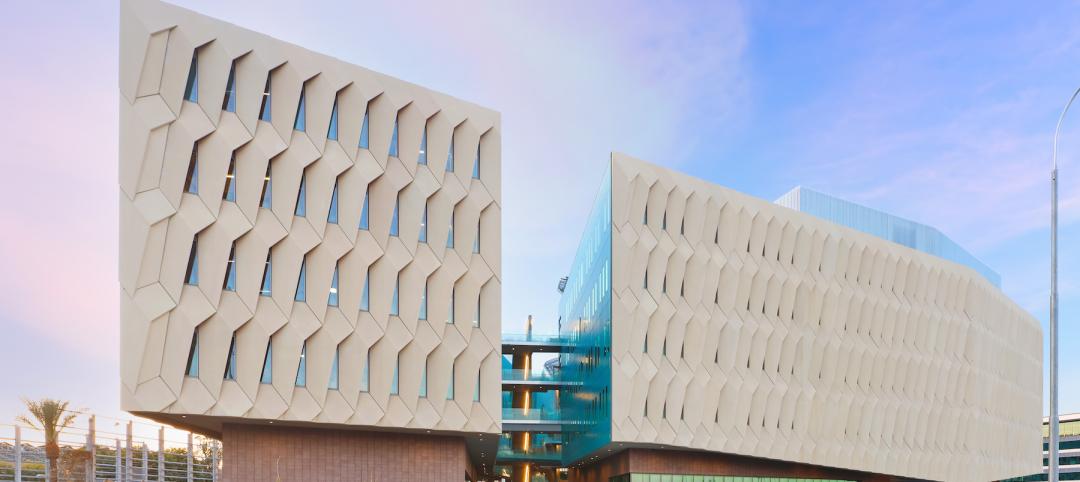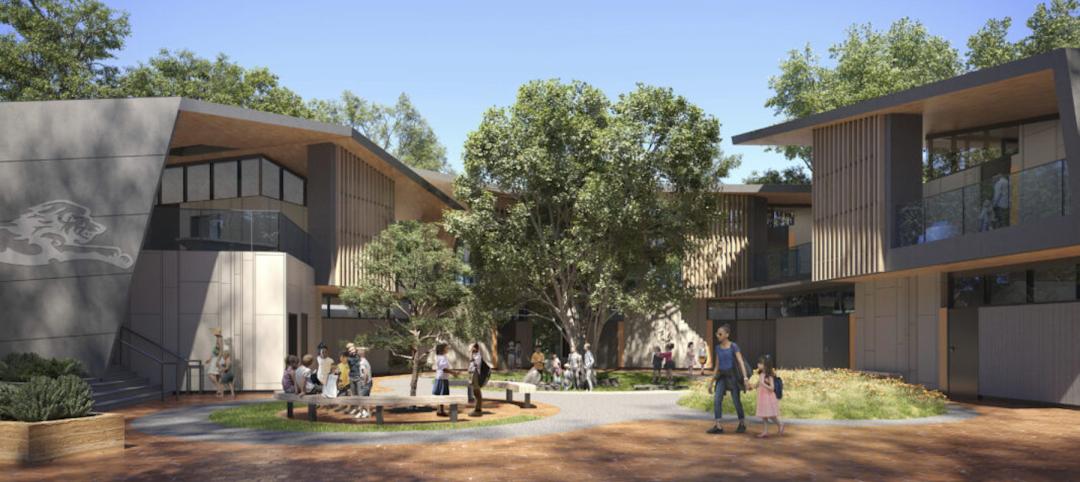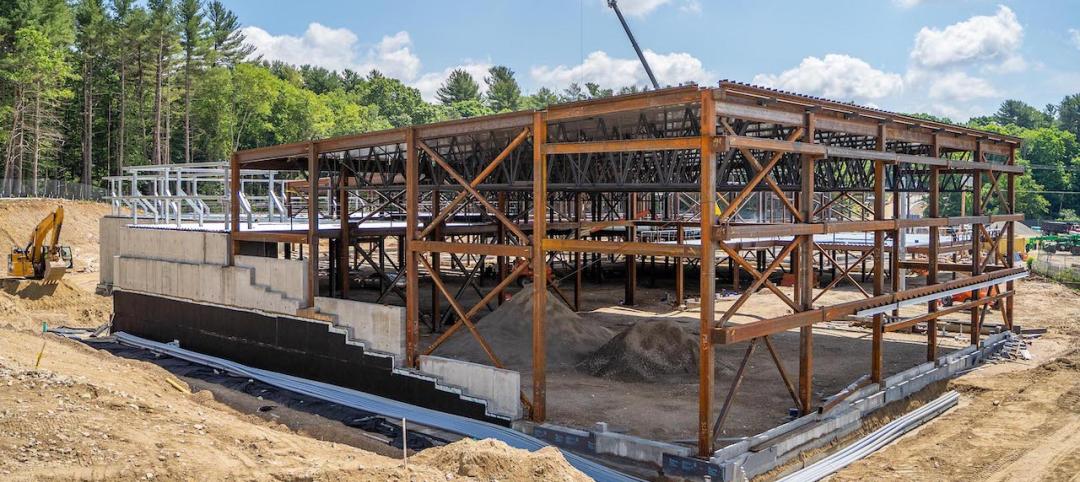The 2013 Jury of Fellows from the American Institute of Architects (AIA) elevated 122 AIA members to its prestigious College of Fellows, an honor awarded to members who have made significant contributions to the profession. The 2013 Fellows will be honored at an investiture ceremony at the 2013 National AIA Convention and Design Exposition in Denver.
SEE THE LIST OF 2013 AIA FELLOWS
The Fellowship program was developed to elevate those architects who have made a significant contribution to architecture and society and who have achieved a standard of excellence in the profession. Election to fellowship not only recognizes the achievements of architects as individuals, but also their significant contribution to architecture and society on a national level.
2013 Jury of Fellows
Linda Searl, FAIA, (jury chair) Searl Lamaster Howe Architects; John Castellana, FAIA, TMP Architecture, Inc.; Brian Dougherty, FAIA, Dougherty + Dougherty Architects, LLP; Leevi Kiil, FAIA, Leevi Kiil Architect; Susan Maxman, FAIA, SMP Architects LTD; Craig Rafferty, FAIA, Rafferty Rafferty Tollefson Lindeke Architects and Raymond Yeh, FAIA, Yeh Studio.
Out of a total AIA membership of over 83,000, there are just over 3,100 distinguished with the honor of fellowship and honorary fellowship. The elevation to fellowship is conferred on architects with at least 10 years of membership in the AIA in one or more of the following nomination categories:
1. Promoted the aesthetic, scientific, and practical efficiency of the profession
2. Advanced the science and art of planning and building by advancing the standards of architectural education, training and practice
3. Coordinated the building industry and the profession of architecture through leadership in the AIA or other related professional organizations
4. Advanced the living standards of people through an improved environment
5. Made the profession of ever-increasing service to society
Included in the list below are the newly elevated members, their component affiliation and category for which they were elevated.
2013 Fellows
Included in the list below are the newly elevated members, their component affiliation and category for which they were elevated. You can follow the link below to view a more detailed list that includes images: http://www.aia.org/practicing/awards/2013/fellows/index.htm.
About The American Institute of Architects
Founded in 1857, members of the American Institute of Architects consistently work to create more valuable, healthy, secure, and sustainable buildings, neighborhoods, and communities. Through nearly 300 state and local chapters, the AIA advocates for public policies that promote economic vitality and public well being. Members adhere to a code of ethics and conduct to ensure the highest professional standards. The AIA provides members with tools and resources to assist them in their careers and business as well as engaging civic and government leaders, and the public to find solutions to pressing issues facing our communities, institutions, nation and world. Visit www.aia.org.
Related Stories
| Aug 8, 2022
Mass timber and net zero design for higher education and lab buildings
When sourced from sustainably managed forests, the use of wood as a replacement for concrete and steel on larger scale construction projects has myriad economic and environmental benefits that have been thoroughly outlined in everything from academic journals to the pages of Newsweek.
AEC Tech | Aug 8, 2022
The technology balancing act
As our world reopens from COVID isolation, we are entering back into undefined territory – a form of hybrid existence.
Legislation | Aug 5, 2022
D.C. City Council moves to require net-zero construction by 2026
The Washington, D.C. City Council unanimously passed legislation that would require all new buildings and substantial renovations in D.C. to be net-zero construction by 2026.
Cultural Facilities | Aug 5, 2022
A time and a place: Telling American stories through architecture
As the United States enters the year 2026, it will commence celebrating a cycle of Sestercentennials, or 250th anniversaries, of historic and cultural events across the land.
Sponsored | | Aug 4, 2022
Brighter vistas: Next-gen tools drive sustainability toward net zero line
New technologies, innovations, and tools are opening doors for building teams interested in better and more socially responsible design.
| Aug 4, 2022
Newer materials for green, resilient building complicate insurance underwriting
Insurers can’t look to years of testing on emerging technology to assess risk.
Sustainability | Aug 4, 2022
To reduce disease and fight climate change, design buildings that breathe
Healthy air quality in buildings improves cognitive function and combats the spread of disease, but its implications for carbon reduction are perhaps the most important benefit.
Multifamily Housing | Aug 4, 2022
Faculty housing: A powerful recruitment tool for universities
Recruitment is a growing issue for employers located in areas with a diminishing inventory of affordable housing.
Multifamily Housing | Aug 3, 2022
7 tips for designing fitness studios in multifamily housing developments
Cortland’s Karl Smith, aka “Dr Fitness,” offers advice on how to design and operate new and renovated gyms in apartment communities.
Building Materials | Aug 3, 2022
Shawmut CEO Les Hiscoe on coping with a shaky supply chain in construction
BD+C's John Caulfield interviews Les Hiscoe, CEO of Shawmut Design and Construction, about how his firm keeps projects on schedule and budget in the face of shortages, delays, and price volatility.

















